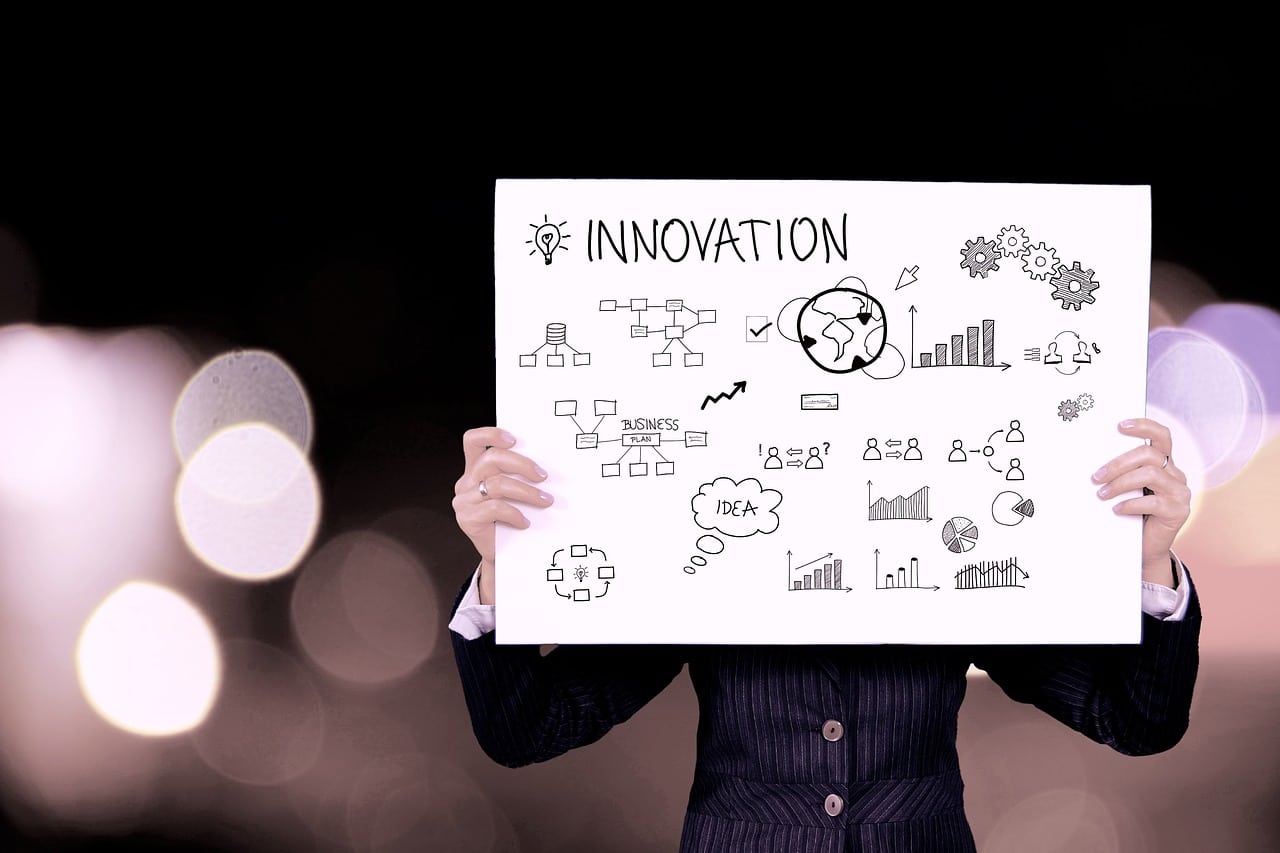
Sustainability and technological innovation
We are in a historical period in which sustainability and technological innovation must necessarily travel on the same track: in fact, it is not possible to imagine a future in which these two concepts are not closely connected and do not depend on each other.
Technological innovation has often been driven and driven by economic growth, sometimes to the detriment of other important factors such as sustainability. In this article we therefore focus on the concepts of sustainability and technological innovation, their correlation and the future of sustainable innovation and digital transformation.
Sustainability and technological innovation
In the coming decades, technological innovation will have to be at the service of sustainability, not only to improve our impact on the planet, but to sustain ourselves. Renewable energy sources and the ways in which to work and optimize them represent the very foundations of technological innovation: new technologies and innovations will be based, above all from an energy point of view, on the new energy sources available and on man’s ability to optimize the collection and transformation of energy. To achieve this goal, i.e. to obtain increasingly better results in terms of energy efficiency, the best weapon we have at our disposal is precisely technological innovation.
Technologies such as artificial intelligence, machine learning and the IoT are in fact playing a role of primary importance in the fight against sustainability and in helping us understand how to safeguard the environment in which we live in a concrete and real way. A combination of technological innovation and sustainability was therefore created where the concepts ended up depending on each other, becoming almost inseparable. This combination will represent the basis and at the same time the challenge for the years to come.
How can new technologies help sustainability?
The question to ask therefore concerns the primary direction in which technology must travel: what are the sectors in which this can have the greatest impact on sustainability?
Technological innovation is in fact a concept that concerns many sectors, from cryptocurrencies to video games, innovation is found practically everywhere. But where does this support sustainability?
The efficiency of alternative energy sources is perhaps the main answer to this question. There is a lot of talk about artificial intelligence, sometimes focusing on the fears and risks associated with it; however, it is a strong resource available to solve some delicate and complex problems.
The collection and transformation of wind and solar energy still requires strong growth, we have just begun to understand how to introduce these energy sources into our society, and it is precisely some social issues that set us limits.
We are in a historical moment in which the West is particularly attentive to environmental protection, while on the other side of the world great powers, such as China, put development at the top of their priorities, even to the detriment of the planet. This particular situation means that in the West there is greater attention to environmental dynamics, which however do not always evaluate the global situation at 360 degrees. For this reason, while one part of the world is slowly trying to understand how to extract the materials necessary for the technologies of the future by finding a compromise between environmental struggles and development, on the other, a real situation of monopoly of raw materials is being created. The paradox of this international situation is that the West is not finding a way to extract the raw materials necessary for sustainable technological development, which currently depends on the purchase of these resources from the East, or on the ethics of collecting these resources there is absolutely no problem.
Western sustainable development to date is based on an unsustainable collection of Chinese raw materials.
Technological innovation therefore has the arduous task of resolving this situation, optimizing waste and resources at our disposal in order to create a sustainable solution according to common Western feeling.
Sustainable innovation
An extremely complex dynamic that has just been described. On the other hand, it is less complex to talk about sustainable innovation, i.e. technologies oriented towards sustainability.
In this case there are many examples of sustainable innovation that could be done, so let’s try to focus on the macro-areas in which this can be useful, i.e. on the macro-areas in which man has had and still has the greatest impact on the planet.
Surely CO2 represents a huge problem in the fight against climate change and its resolution is of primary importance. From the reduction of emissions to the elimination of CO2 from the air, there are many fields of application in which technology can bring about innovations.
Another big problem is represented by plastic: we have produced too much and now we have to collect it. In this historical moment, the technologies dedicated to the collection of plastic from the seas and beaches and the elimination of microplastics from aquifers, in particular from those that we end up drinking, are particularly interesting.
Recycling in general is another sector that seems to be experiencing a moment of stagnation: the innovations in this sector seem too irrelevant compared to the enormous challenge behind the concept of recycling, however in recent years there does not seem to have been any revolutionary innovations from this point of view.
Digital transition
Last but not least, a topic related to sustainability is the one represented by the digital transition. To promote sustainable activities, Europe and the States have implemented an incentive plan for companies that will be able to make a concrete contribution, or hopefully the most concrete one possible, to some (and many others) of the problems we have talked about so far.
Sustainability not only of products and services, but above all of the processes that allow them to be created. The digital transition is therefore a sustainable approach, also economically thanks to incentives, corporate life and production, which can have a beneficial impact from various points of view: for our planet, for the people who work in these companies and for the society in general.








